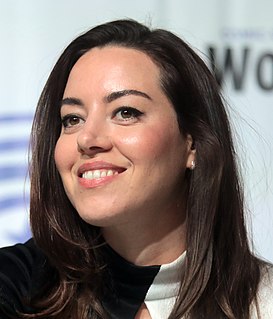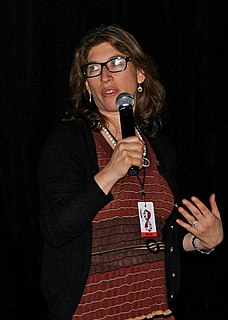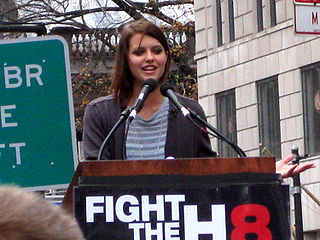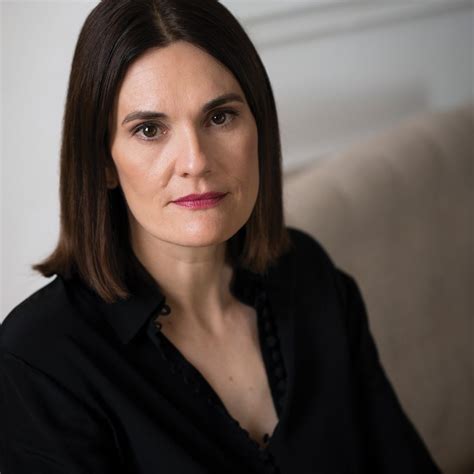A Quote by Ryan Holmes
For some people, staying grounded means doing yoga. For others, it's spending time with family. Social media, too, can be a lifesaver.
Related Quotes
People generally worry about social networking more than they need to. In kind of consumer internet investing and on social and professional networks, I kind of look at time spending and time efficiency. You know, time saving sites. So on time spending sites, things where you play lots of games or that sort of thing, you might worry about a productivity loss if people are spending a lot of time doing that. So if there's a lot of kind of addictive gaming going on during work hours, that won't be as helpful to you.
Social media is great because you can get information out there quick or you can use it as a ministry tool, but when you're on it all the time and you're not spending time with people and you're not sitting there looking at someone in the eyes and asking, "How are you doing?" that's when it's out of balance.
Social media is a way to make communication easier. Obviously some people misunderstand it, some people take it personally, and some people are in a constant fight to grow their engagement. They even become obsessed. They feel like they need to be popular on social media. The most important thing is: You've got to be secure in yourself. In order to have influence on other people, you've got to know who you are, first of all. The reason I get happy when I get more engagement is because that means I did something right in terms of my audience enjoying my content.
The economist Juliet Schor talks about how our reference group has changed over the last twenty-five years. As we spend less time with our neighbors, we're spending more time with people we know from TV and social media, and this becomes our new reference group. The media is full of images of people with wealth, and we're comparing ourselves to them and aspiring to what they have. Instead of keeping up with the Joneses family, we're trying to keep up with the Kardashians, even though it's completely unrealistic.
On a societal level, what happens to community when people don't have time to gather or connect, in person, not just over social media? Not having time off becomes a public-interest issue. It means the erosion of social bonds, less civic contribution and participation. Loneliness is on the rise in North America; we find ourselves too busy for true connection, prioritizing work over life.
According to the American Psychological Association, the most effective stress-relief strategies are exercising or playing sports, praying or attending a religious service, reading, listening to music, spending time with friends or family, getting a massage, going outside of ra walk, meditating or doing yoga, and spending time with a creative hobby. The least effective strategies are gambling, shopping, smoking, drinking, eating, playing video games, surfing the Internet, and watching TV or movies for more than two hours.
Anybody who is a professional athlete who has a social media account on any of the networks, when they sign up for that account, they subject themselves to all of the criticisms and all of the praises that may or may not be out there. So you can't get on social media and complain about the people because that's what you know you're dealing with. You have to hear it. You don't have to respond. Me personally, I don't respond to the negativity. It's gonna be there. I read it. It keeps me grounded.



































